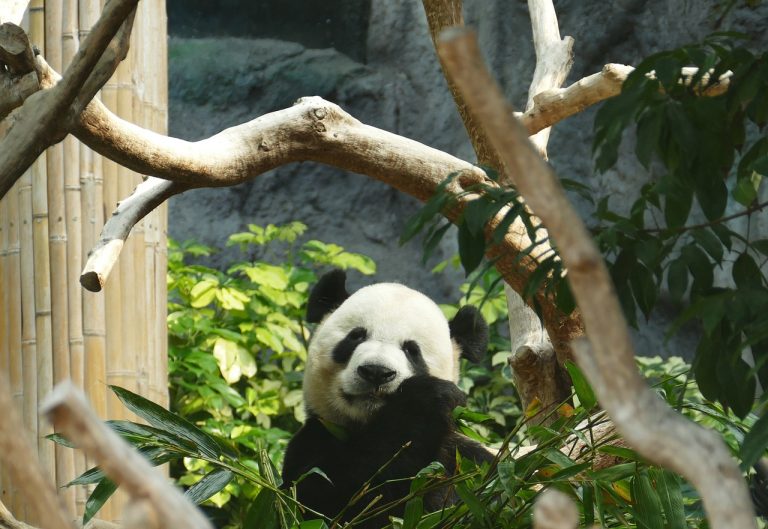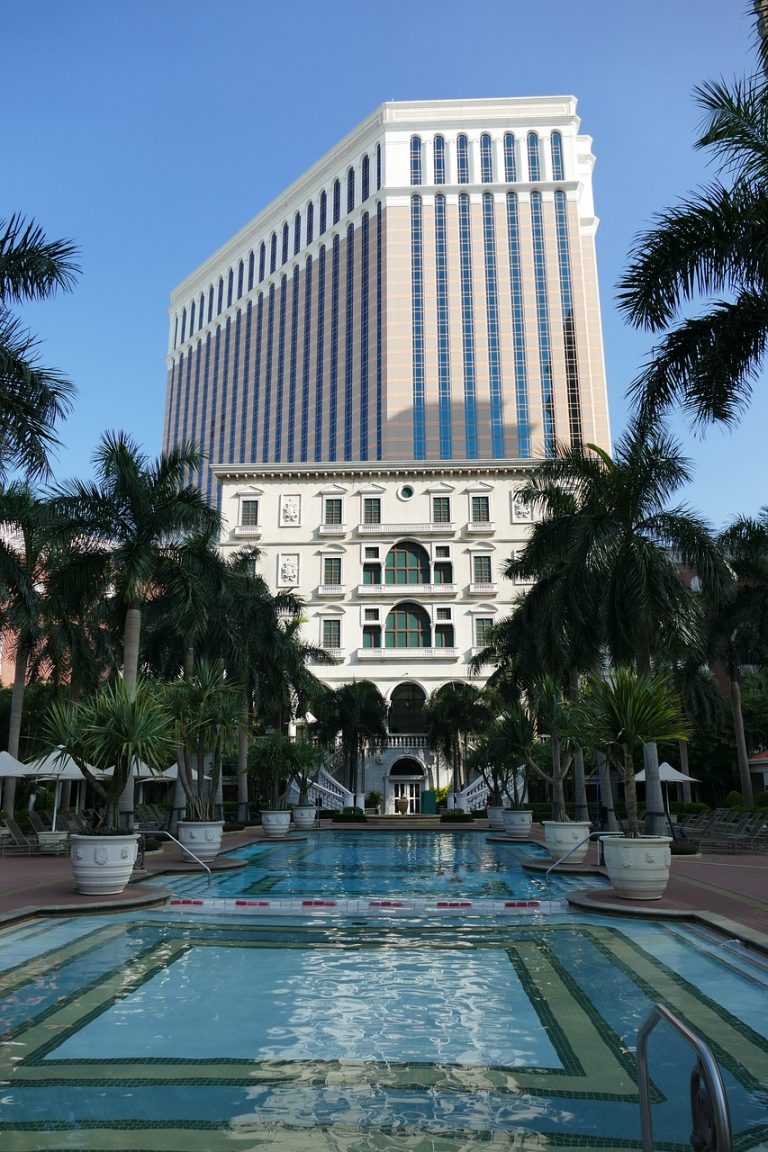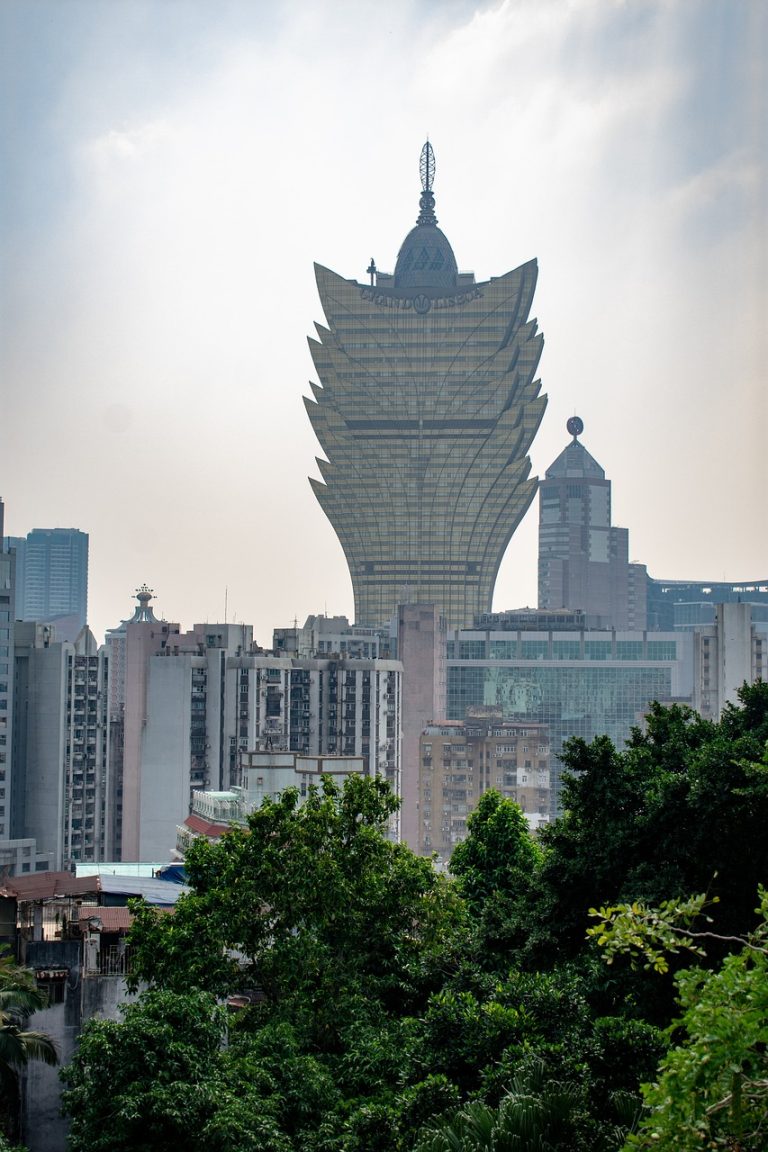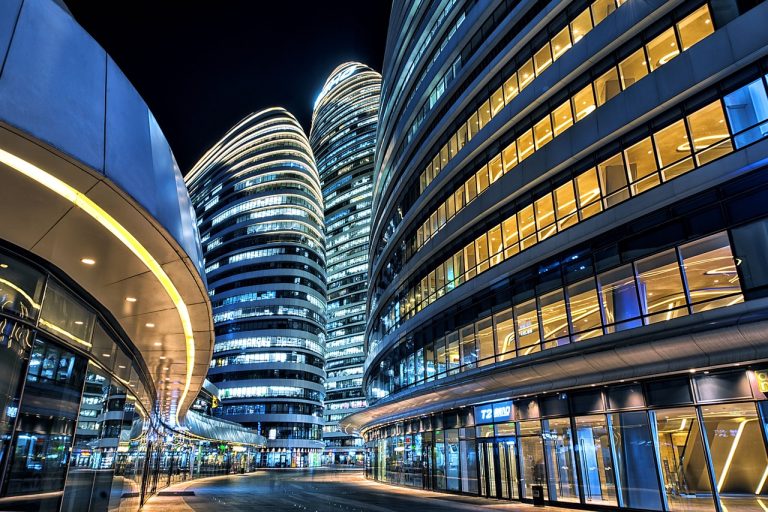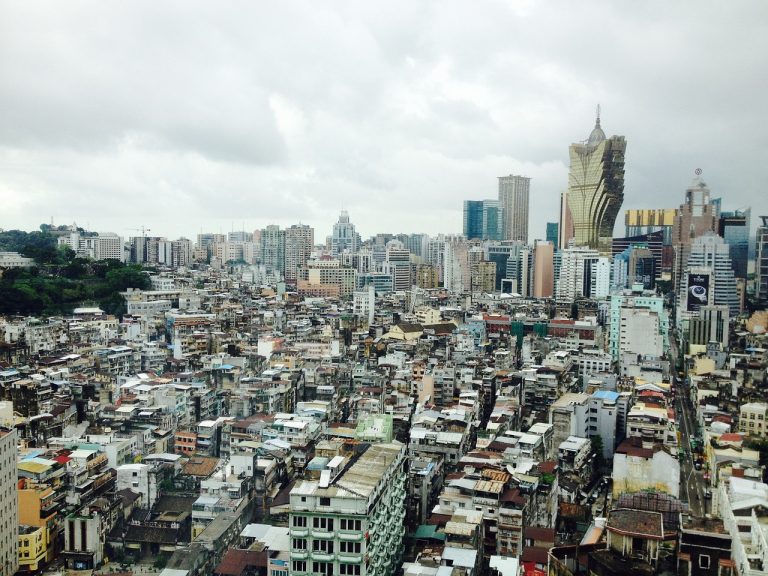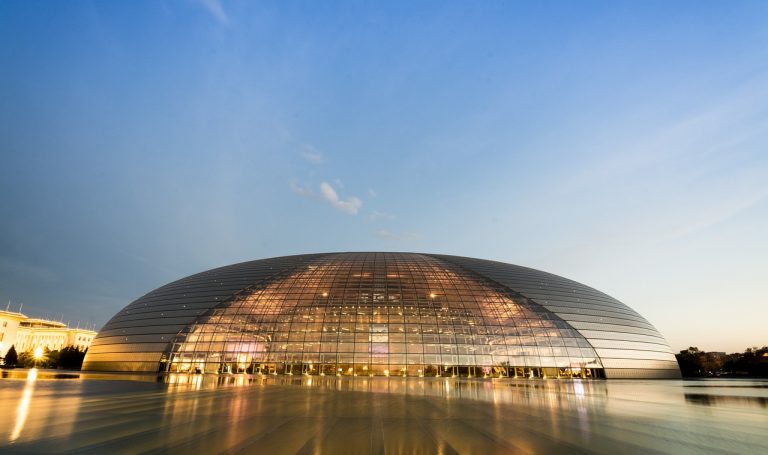Macau Video
The Cultural Evolution of Macau
Macau, also known as the “Las Vegas of Asia,” is a vibrant city that has undergone significant cultural evolution over the years. From its humble origins as a small fishing village to its current status as a bustling metropolis, Macau has seen the influences of various cultures and civilizations shape its identity. In this article, we will explore the rich cultural history of Macau and how it has evolved into the unique destination it is today.
Early Settlement and Colonial Influence
- Portuguese Influence: Macau’s cultural evolution began with the arrival of the Portuguese in the 16th century. The Portuguese established a trading post in Macau, which soon became a hub for maritime trade between Europe and Asia.
- Chinese Influence: Despite the Portuguese presence, Macau remained heavily influenced by Chinese culture. The local population continued to practice Chinese traditions and customs, which coexisted harmoniously with the Portuguese influence.
The Portuguese brought with them their language, customs, and architecture, which had a lasting impact on Macau’s cultural landscape. The historic center of Macau, with its blend of Chinese and Portuguese architecture, is a UNESCO World Heritage site and a testament to the city’s colonial past.
Chinese temples, such as the A-Ma Temple and the Kun Iam Temple, became important cultural landmarks in Macau, reflecting the city’s deep-rooted Chinese heritage.
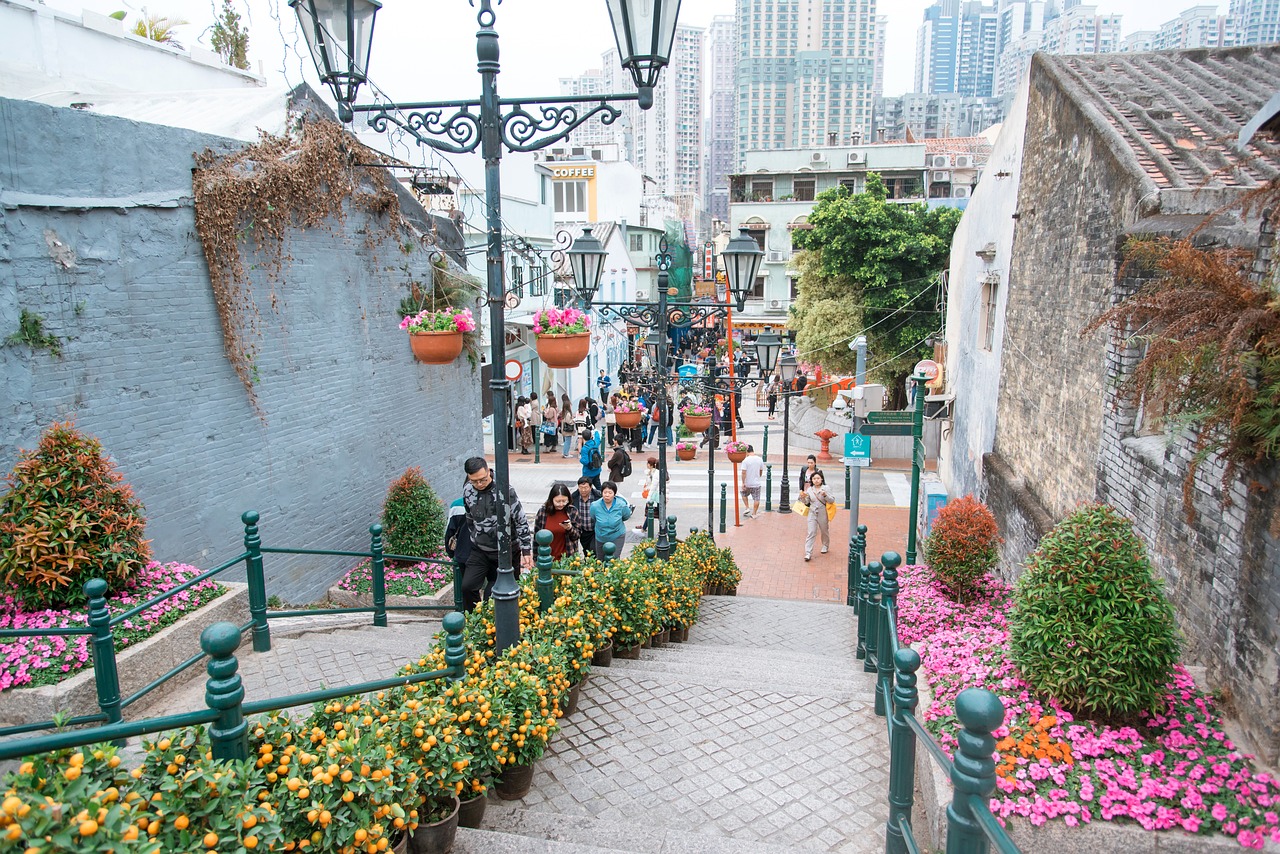
Gambling and Entertainment Industry
- Introduction of Casinos: In the 20th century, Macau experienced a significant shift with the introduction of casinos. Macau’s government granted concessions to several companies to operate casinos, leading to a boom in the city’s gambling and entertainment industry.
- Entertainment Shows and Events: Alongside the casinos, Macau became a hub for entertainment shows and events. International artists and performers regularly visit Macau to showcase their talents, attracting a global audience and contributing to the city’s cultural vibrancy.
The rise of casinos brought an influx of tourists from around the world, further diversifying Macau’s cultural landscape. Today, Macau is known for its world-class casinos, luxurious resorts, and vibrant nightlife.
From concerts and theater productions to sporting events and international festivals, Macau offers a diverse range of entertainment options that cater to various interests and tastes.
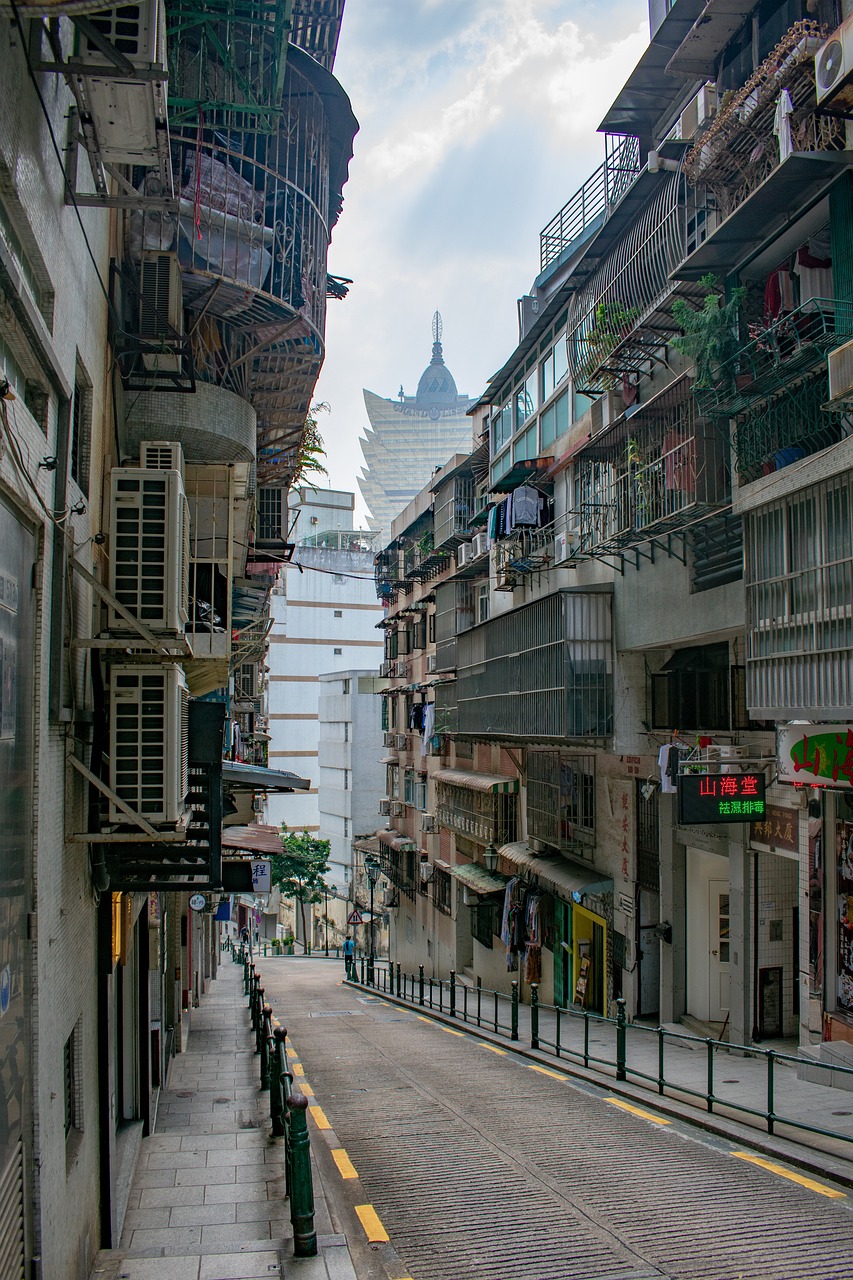
Blend of Eastern and Western Cuisine
- Chinese Culinary Traditions: Macau’s culinary scene is a testament to its cultural fusion. Chinese cuisine, particularly Cantonese cuisine, forms the foundation of Macau’s gastronomy. Local eateries and street food stalls offer a wide array of traditional Chinese dishes.
- Portuguese and Macanese Fusion: Macau’s culinary landscape is also heavily influenced by Portuguese and Macanese cuisine. Macanese cuisine is a unique blend of Portuguese, African, Indian, and Southeast Asian flavors, resulting in dishes such as African chicken, Portuguese egg tarts, and curry crab.
From dim sum and roasted meats to seafood delicacies, visitors can indulge in the rich flavors and aromas of authentic Chinese cuisine.
Restaurants serving Macanese cuisine provide a delightful culinary experience that showcases the city’s multicultural heritage.
Religious Diversity
- Buddhism: Buddhism is one of the major religions in Macau, with several Buddhist temples spread across the city. These temples serve as centers for spiritual practice and provide a serene environment for locals and tourists to seek solace.
- Taoism: Taoism also holds a significant presence in Macau, with temples dedicated to various Taoist deities. These temples serve as important cultural and religious landmarks, attracting devotees and visitors alike.
- Christianity: Macau’s colonial history has left a lasting impact on its religious landscape, with numerous churches dotting the cityscape. The Ruins of St. Paul’s, a UNESCO World Heritage site, is a famous example of Macau’s Christian heritage.
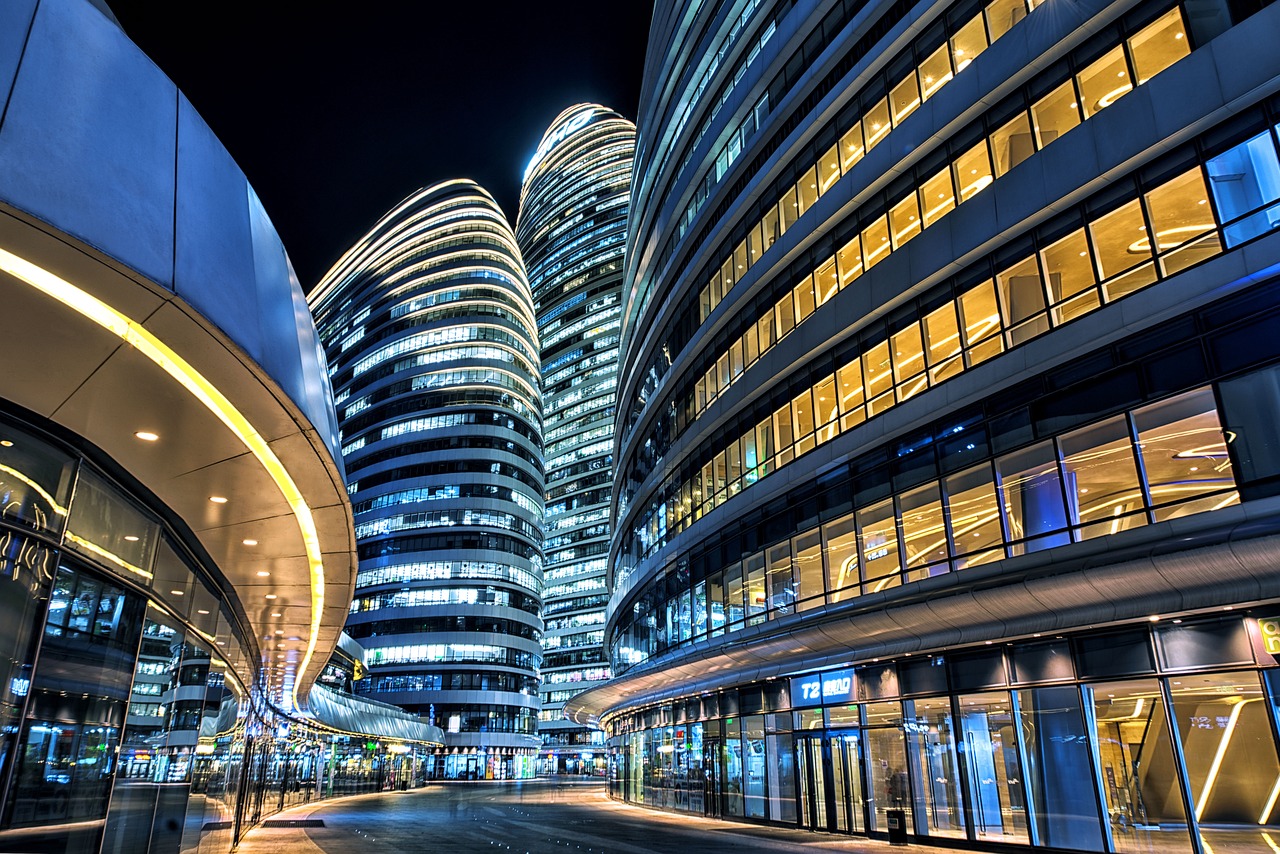
Preservation of Cultural Heritage
- Historic Buildings and Sites: Macau’s commitment to preserving its cultural heritage is evident in the numerous historic buildings and sites that have been carefully maintained. The Historic Centre of Macau, which includes iconic landmarks like the Senado Square and the St. Dominic’s Church, showcases the city’s rich history and architectural beauty.
- Museums and Cultural Institutions: Macau is home to a variety of museums and cultural institutions that celebrate its diverse heritage. The Macao Museum, the Macau Museum of Art, and the Macau Cultural Centre are just a few examples of the institutions that promote cultural understanding and appreciation.
Integration of Modern Architecture
- Skyscrapers and Modern Landmarks: Alongside its historic buildings, Macau boasts a collection of modern architectural marvels. The Macau Tower, with its observation deck and thrilling activities, offers panoramic views of the city and beyond.
- Integrated Resort Developments: Macau’s integration of modern architecture can be seen in its integrated resort developments, such as the City of Dreams and the Venetian Macao. These resorts combine luxurious accommodations, world-class entertainment, and high-end shopping, creating a unique and modern experience for visitors.
Art and Cultural Events
- Macau International Music Festival: The Macau International Music Festival is a prestigious event that attracts renowned musicians and orchestras from around the world. The festival showcases a wide range of musical genres, including classical, jazz, and traditional Chinese music.
- Macau Arts Festival: The Macau Arts Festival is an annual event that celebrates various art forms, including theater, dance, visual arts, and multimedia performances. The festival aims to promote cultural exchange and foster appreciation for the arts.
Conclusion
Macau’s cultural evolution is a fascinating journey that highlights the city’s ability to embrace and integrate diverse influences. From its colonial past to its modern-day developments, Macau continues to thrive as a vibrant destination that celebrates its rich cultural heritage. Visitors to Macau can immerse themselves in a melting pot of traditions, cuisines, and experiences that reflect the city’s unique identity.
References
- macao.gov.mo
- unesco.org
- macaotourism.gov.mo
- macaumuseum.gov.mo
- cityofdreamsmacau.com
- venetianmacao.com
- macau.com
- macauheritage.net
- macauart.net


